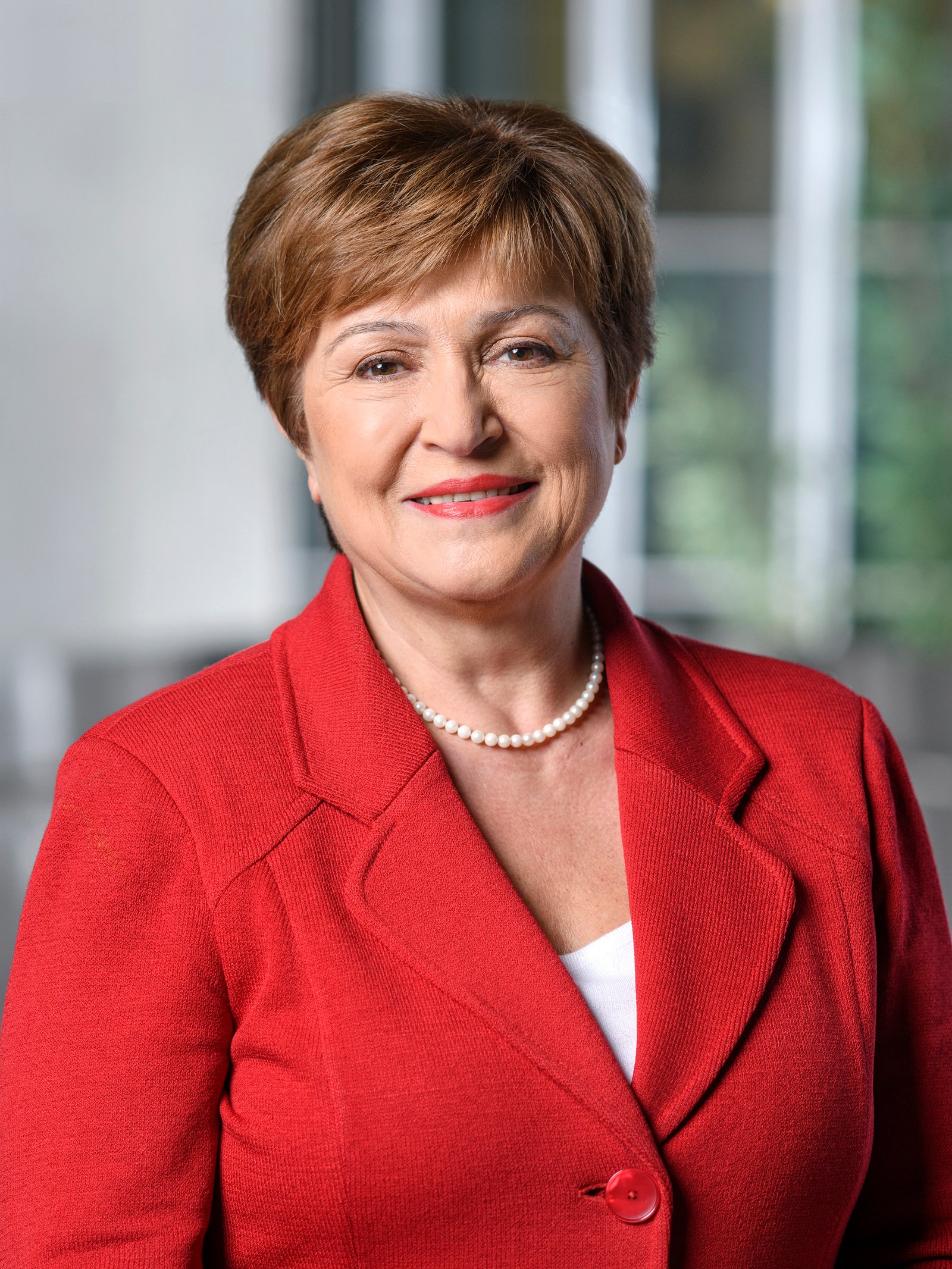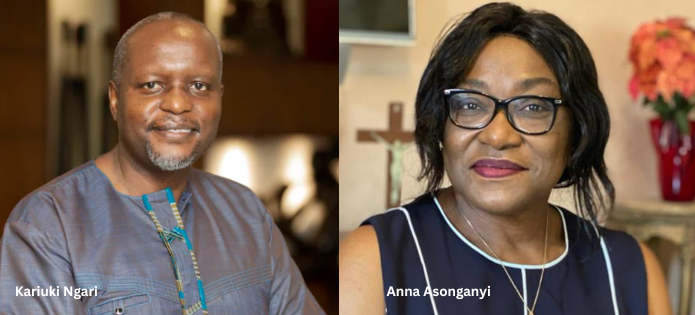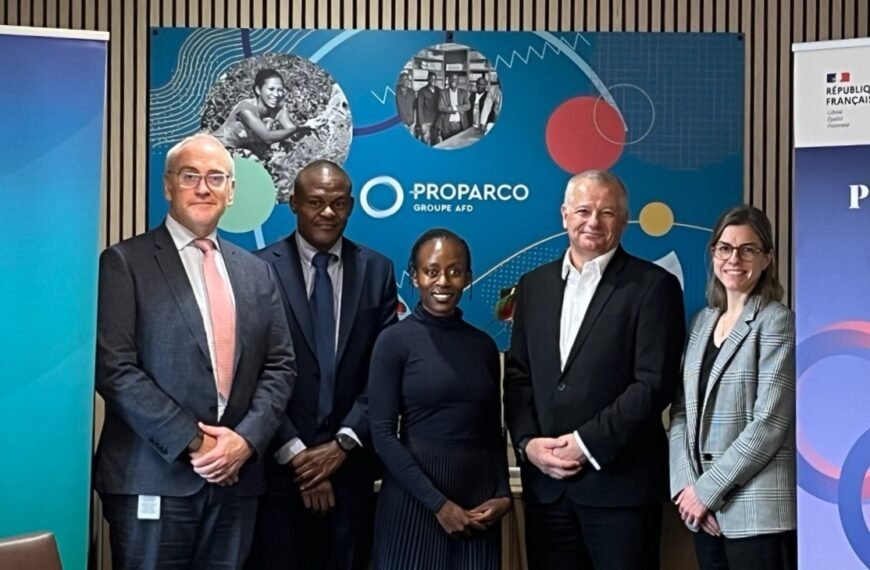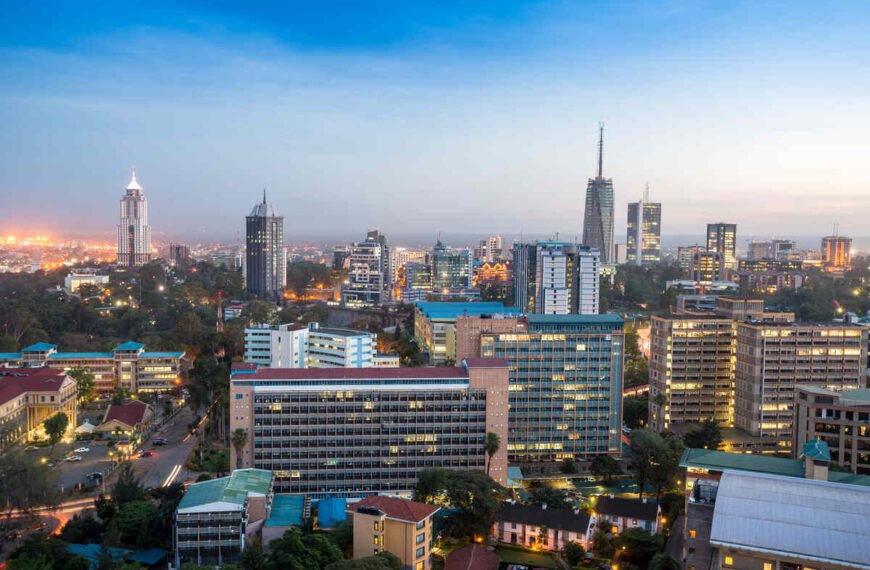
IMF approves $3.4bn emergency aid for Nigeria to fight COVID-19
The Executive Board of the International Monetary Fund (IMF) has approved Nigeria’s request for emergency financial assistance of $ 3.4 billion, 100 percent of quota under the Rapid Financing Instrument (RFI) to meet the urgent balance of payment needs stemming from the outbreak of the Covid-19 pandemic.
The near-term economic impact of COVID-19 is expected to be severe, while already high downside risks have increased.
Even before the Covid-19 outbreak, Nigeria’s economy was facing headwinds from rising external vulnerabilities and falling per capita GDP levels.
The pandemic—along with the sharp fall in oil prices—has magnified the vulnerabilities, leading to a historic decline in growth and large financing needs.
The IMF said it remains closely to engaging with the Nigerian authorities and stands ready to provide policy advice and further support, as needed.
The Deputy Managing Director Mitsuhiro Furusawa in a statement said, “The Covid-19 outbreak—magnified by the sharp fall in international oil prices and reduced global demand for oil products—is severely impacting economic activity in Nigeria. These shocks have created large external and financing needs for 2020. Additional declines in oil prices and more protracted containment measures would seriously affect the real and financial sectors and strain the country’s financing.
“The authorities’ immediate actions to respond to the crisis are welcome. The short-term focus on fiscal accommodation would allow for higher health spending and help alleviate the impact of the crisis on households and businesses. Steps taken toward a more unified and flexible exchange rate are also important and unification of the exchange rate should be expedited.”
Mr Furusawa said “Once the COVID-19 crisis passes, the focus should remain on medium-term macroeconomic stability, with revenue-based fiscal consolidation essential to keep Nigeria’s debt sustainable and create fiscal space for priority spending. Implementation of the reform priorities under the Economic Recovery and Growth Plan, particularly on power and governance, remains crucial to boost growth over the medium term.
He added, “The emergency financing under the RFI will provide much needed liquidity support to respond to the urgent BOP needs. Additional assistance from development partners will be required to support the government’s efforts and close the large financing gap.
“The implementation of proper governance arrangements—including through the publication and independent audit of crisis-mitigating spending and procurement processes—is crucial to ensure emergency funds are used for their intended purposes.”
The outbreak and sharp fall in oil prices have magnified headwinds in the Nigerian economy, triggering a historic decline in growth and large financing needs, the IMF said.
The IMF financial support will help limit the decline in international reserves and provide financing to the budget for targeted and temporary spending increases aimed at containing and mitigating the economic impact of the pandemic and of the sharp fall in international oil prices.
















